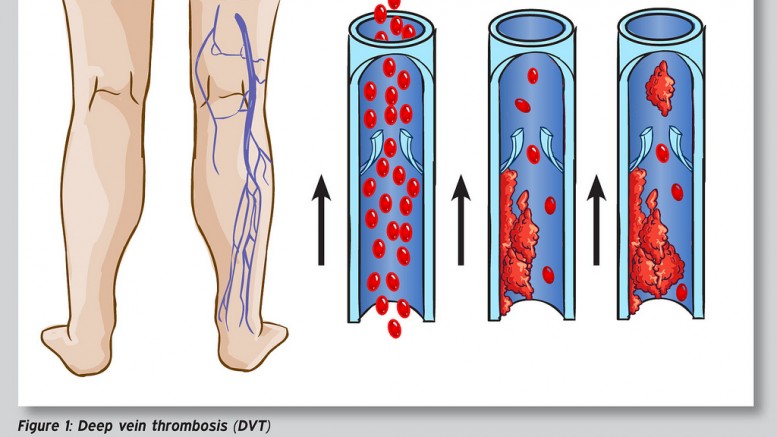Have you ever heard of varicose veins? They often look like bulges under the skin of the legs. These bulges and swollen veins often occur because of issues with the blood flow in your legs. When your vascular system is put under pressure, or there are issues with backflow of blood, this may cause a “rope-like” appearance under your skin with veins having a reddish or blue color. Thankfully, varicose veins are usually painless, but for a significant percentage of sufferers, they have a negative impact on their life, and they need to seek varicose vein treatments.
So, how much do you know about varicose veins? Read on to find out.
What are the symptoms of varicose veins?
For those who do suffer from discomfort due to varicose veins, there are several side effects you should make yourself familiar with. Of course, the biggest sign of varicose veins are the large, bulging veins that are visible under the skin, but other symptoms include:
- A heavy sensation in your legs: This heavy, achy feeling can make walking incredibly uncomfortable. This feeling often occurs after long periods of standing.
- Cramps: Cramps in your legs are incredibly debilitating. And experiencing cramp at night can prevent you from getting a good nights’ sleep.
- Brown and purplish skin patches: These patches of discoloration can affect your confidence.
- Restless legs: The uncontrollable urge to move your legs can make you feel really uncomfortable, especially at night.
- Venous eczema: Itchiness on your bulging veins can leave you with flaky skin and it’s a sensation that’s difficult to get relief from. Especially on the shins.
Who is most at risk?
According to Orlando Varicose Vein specialists, varicose veins can develop for a wide range of reasons. However, several factors could contribute to some individuals being classed as a higher risk than others. These include:
- Being overweight and obese: When you’re carrying excess weight, your heart and vascular system are under increased pressure to get your blood flowing around your body. It’s this pressure that can trigger swelling and issues with blood flow.
- Pregnancy: Your body needs to provide a good supply of blood to your unborn baby. This means more pressure from your vascular system and your growing uterus.
- You have a family history of varicose veins: Varicose veins, like many vascular problems, are considered hereditary.
- You use a hormonal birth control device/medication: Using contraceptive devices that control your estrogen levels, you could be more likely to develop varicose veins.
Are there any complications?
Anything that impacts your vascular system should be taken seriously. And if you’ve been struggling with varicose veins for several years then you’re more likely to develop complications. The most serious complications include:
- DVT: Deep vein thrombosis is life-threatening if you’re experiencing any symptoms of DVT seek medical attention immediately.
- Ulcers: If you cut the skin on your legs, these may take longer to heal or may not heal at all. Causing painful ulcers.
- Excessive bleeding: Cutting or bumping your leg can cause high-pressure veins to rupture and bleed profusely. Bleeding can be stopped, but it’s unpleasant.
If you’re worried about your varicose veins, speak with a vascular surgeon as soon as possible. For a great vein laser clinic, please visit Australian Vein Clinic.
